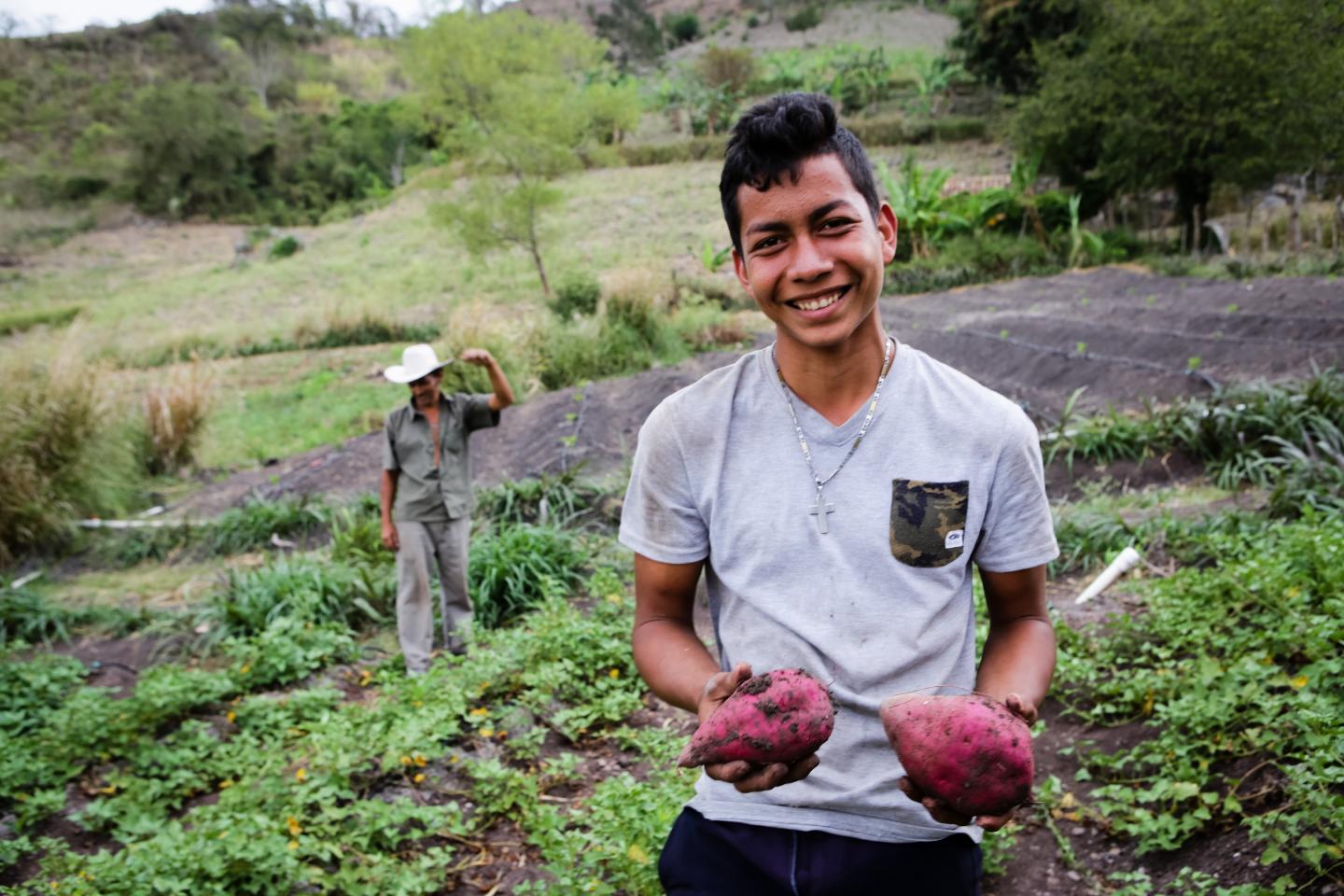
Credit: Virginia Tech
Unemployment, poverty, and violence have driven many Honduran youth to the U.S. and Mexico borders in search of a better life. They may reject agriculture — a primary livelihood for many rural Hondurans – as unrewarding, choosing to leave their country or turn to an illicit trade.
Virginia Tech will shed more light on the paths that Honduran youth face and the decisions they make.
A team of researchers led by Virginia Tech will examine the connections between:
- Changing livelihoods in rural areas considering environmental factors.
Youth views of career opportunities.
Youth pathways into crime and violence.
The one-year study, funded by the U.S. Agency for International Development (USAID), will help identify the ways young people respond to violence, such as the choice to migrate rather than pursue a job, studies, or a career in agriculture.
“Our study will examine a range of threats that Hondurans face, from the lack of educational opportunities to inflated food prices and climate change effects,” said Rebecca Williams, who works for Virginia Tech as the study’s principal investigator. “We plan to speak firsthand with youth to get a better understanding of what they want and what they need in order to live productive and resilient lives.”
Williams said that understanding the reasons behind young people’s choices will help researchers develop “approaches that help them improve their lives.”
Referring to gang participation, violence, and poverty, Van Crowder, executive director of the Center for International Research, Education, and Development, said migration is “at the forefront as a perceived coping and survival strategy for youth. It is important to understand these ‘push factors,’ and the study will help do this.”
The center will manage the Rural Livelihood and Violence Study under a $200,000 grant. Information gained is expected to inform the design of programs for youth.
Williams and her Honduran counterparts will carry out interviews and surveys with students ages 10 to 27 and community members. Student interviews will focus on violence, self-esteem, and sense of community. The surveys will gauge perceptions in three areas:
- Agriculture and other rural livelihoods.
Impacts of climate change on agricultural productivity.
Perceptions of violence and migration.
Williams, a gender expert with a focus on agricultural and indigenous communities, studies the connections between violence, masculinity, and food security.
The center, part of Outreach and International Affairs, has a record of managing USAID projects focused on building capacity and improving opportunities for youth, including the Innovation for Agricultural Training and Education project, the Youth in Agriculture project in Senegal, and the Catalyzing Afghan Agricultural Innovation project.
###
Media Contact
Andrea Brunais
[email protected]
540-231-4691
Original Source
https:/




